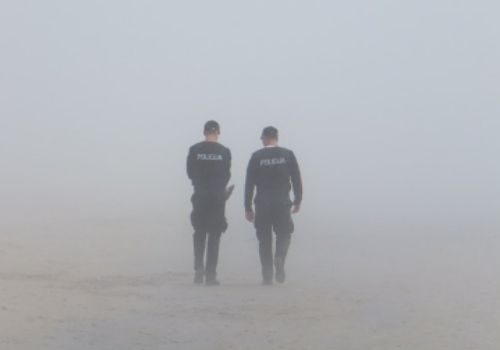Burnout isn’t always dramatic. It doesn’t necessarily come with a big breakdown or a grand realization that something’s wrong. More often, it sneaks up quietly. It shows up in little ways—like snapping at someone over something small, forgetting what you were doing mid-task, or feeling drained by things that used to bring you joy.
And here’s the tricky part: burnout doesn’t just happen to people with packed schedules or high-powered jobs. It can affect parents, caregivers, students, entrepreneurs, healthcare workers, and anyone juggling emotional, mental, or physical labor on a regular basis. It’s not just about the number of hours you’re putting in, it’s about how those hours affect you.
Some days, you might be on your feet for ten hours and feel energized. Other days, a two-hour meeting can leave you completely wiped out. The difference often lies in the nature of the task: Does it energize you, or does it chip away at your emotional reserves?
Subtle Signs You Might Be Headed Toward Burnout
Not all burnout looks like total collapse. More often, it builds slowly. Here are a few common signs you might be running on empty:
- You dread the start of the day. Even the thought of work, errands, parenting, or conversations feels overwhelming. You’re not just tired—you’re reluctant.
- Your focus is scattered. Reading an email three times before it makes sense? Losing your train of thought mid-sentence? That’s mental fatigue talking.
- You’re easily irritated. Things that used to roll off your back now make your blood pressure rise. You might feel snappy or emotionally raw.
- You’re exhausted, even after rest. You could get a full night of sleep and still feel like you’re dragging. That’s emotional exhaustion—not just physical tiredness.
- Joy feels like effort. You used to enjoy walking the dog or meeting a friend for coffee. Now those things feel like one more box to check.
These signs aren’t just “normal stress.” They’re your body and mind waving a red flag, trying to tell you that something’s out of balance.
What to Do When You’re Feeling Burned Out
Burnout doesn’t resolve itself with one weekend off or a single good night of sleep—though those things can help. What really makes a difference is changing the pace, the pressure, and the way you respond to your own needs.
Here are some steps to help you begin that shift:

- Build in more pauses—even small ones
Start by giving yourself a real break during the day. Step outside. Close your eyes for five minutes. Say no to something that feels like too much. These small resets aren’t luxuries—they’re necessary maintenance.
- Balance effort with ease
If your day is full of hard conversations, to-do lists, or emotionally draining tasks, make sure you’re balancing that with things that feel good, light, or calming. You don’t have to earn rest. Even ten minutes of listening to music or taking a walk can help your nervous system recalibrate.
- Stop doing it all alone
Burnout thrives in isolation. Ask for help. Whether that means leaning on a coworker, having an honest conversation with your partner, or finding outside support, delegating isn’t a failure—it’s a strategy for long-term survival.
- Re-evaluate your pace
If everything feels like too much, it probably is. Look at your week. Is there anything you can let go of—even temporarily? Can you push back a deadline, opt out of an event, or reschedule something that doesn’t need to happen right now?
- Take a real break
If possible, carve out time for a longer reset. That could mean a day away from responsibilities, a long weekend, or even a vacation. Stepping out of your daily routine—even briefly—can help you remember what it feels like not to be in survival mode.
A Final Note: You Don’t Need to “Earn” Rest
One of the biggest traps that leads to burnout is believing that rest is something you have to earn. It’s not. You’re allowed to be tired. You’re allowed to step back. You’re allowed to have limits.
Burnout is a signal, not a personal failing. It’s your body and brain asking for care—not just so you can keep going, but so you can feel like yourself again.
If you’re seeing these signs, take them seriously. You don’t have to wait until things fall apart to start putting them back together.



